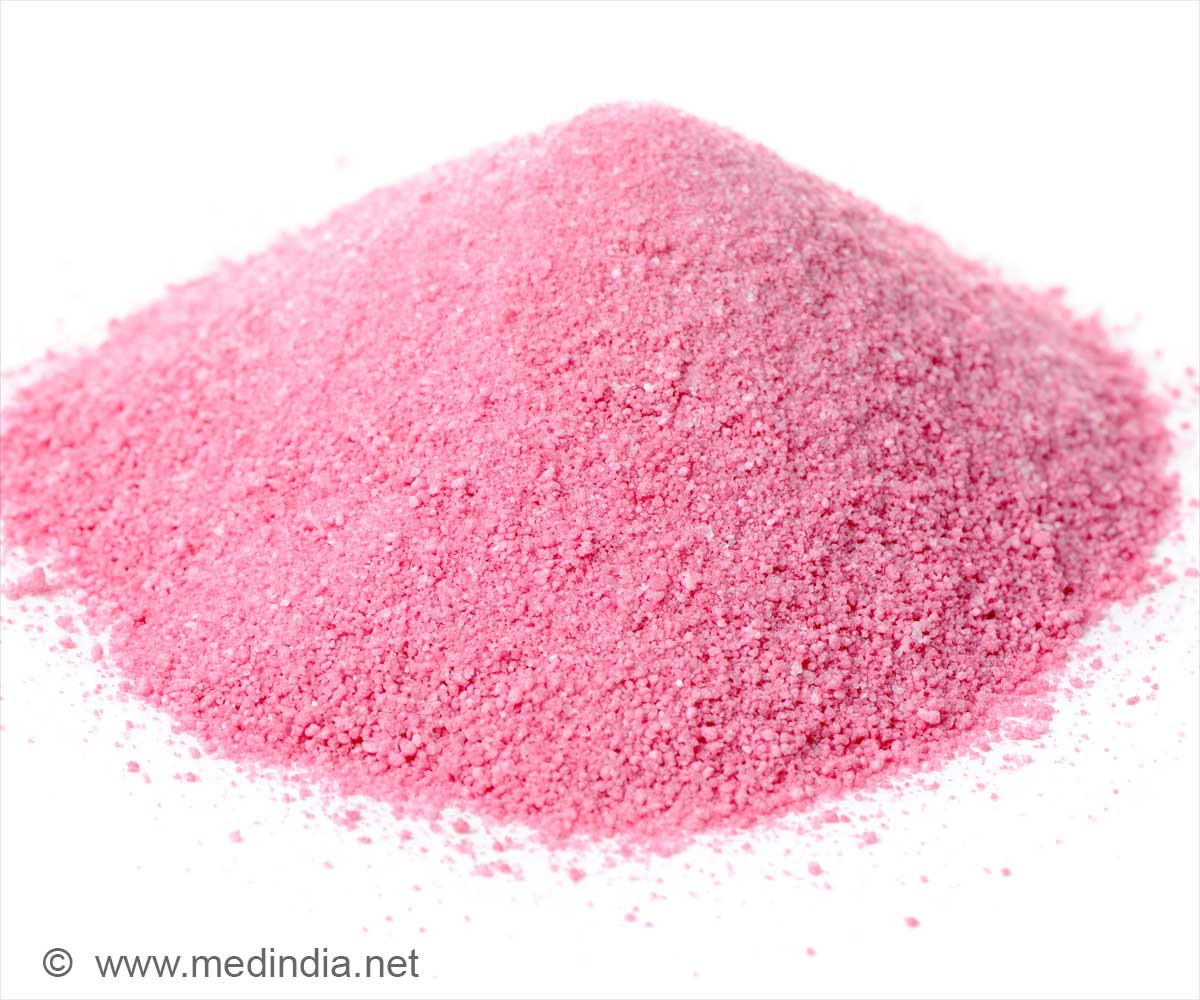Pink cocaine is a powdered blend of substances that is dyed pink, often has a sweet aroma, and typically induces mind-altering, hallucinogenic effects.

Pink cocaine, a trending party drug blend rapidly gaining traction in U.S. nightclubs, can cause more harm than good to your overall health, warns America’s Poison Centers.
The drug gained widespread attention after One Direction singer Liam Payne reportedly had it in his system when he tragically passed away following a fall from his hotel balcony. Additionally, multiple news reports have linked pink cocaine to a lawsuit involving music producer Sean “Diddy” Combs.
Pink cocaine is commonly found in urban areas with vibrant nightclub scenes, such as Miami, New York, and Los Angeles.
Behind the Glow: The Dangerous Ingredients in Pink Cocaine
Despite its name, pink cocaine typically does not contain cocaine. Originally, it was associated with synthetic stimulants like 2C or 2-CB. However, the term now refers to an ever-changing blend of stimulants, hallucinogens, opioids, and other psychoactive substances. It is commonly found in powder or pill form and is usually consumed by swallowing or inhaling, rather than through injection.
Testing of pink cocaine powders in the United States has revealed that most samples contain:
-
Ketamine and its precursors:
A dissociative anesthetic
-
MDMA (ecstasy):
A stimulant and hallucinogen
-
Caffeine:
A common stimulant
Other tested batches of pink cocaine have been found to contain a variety of substances, including stimulants like methamphetamine, potent hallucinogens such as MDA (Sally) and DMT, the anesthetic lidocaine, and opioids like oxycodone and tramadol. In some cases, mixtures have also been found to include fentanyl (1✔ ✔Trusted Source
America’s Poison Centers Warns Public about the Dangers of Pink Cocaine
).
Pink cocaine is also referred to as ‘tusi’ or ‘tucibi,’ names derived from the phonetic translation of the ‘2C’ and ‘2-CB’ psychedelics that were once part of the drug’s early formulations. However, according to the Drug Enforcement Administration, most pink cocaine mixtures today no longer contain these psychedelics (2✔ ✔Trusted Source
What is Pink Cocaine?
).
Symptoms of Pink Cocaine Overdose
- Vomiting
- Loss of consciousness
- Hallucinations
- Paranoia
- Severe agitation
In addition, symptoms of a stimulant overdose may include:
- Hyperthermia (elevated body temperature)
- Increased heart rate and blood pressure
- Dysrhythmias (abnormal heart rhythms)
- Seizures
Prolonged use of pink cocaine can elevate the risk of stroke, heart problems, and addiction.
Advertisement
From party starter to life ender—pink cocaine is not worth the risk. After all, pink isn’t always pretty, so stay away from pink cocaine.
References:
- America’s Poison Centers Warns Public about the Dangers of Pink Cocaine – (https://poisoncenters.org/news-alerts/13423083)
- What is Pink Cocaine? – (https://www.dea.gov/pink-cocaine)
Advertisement



